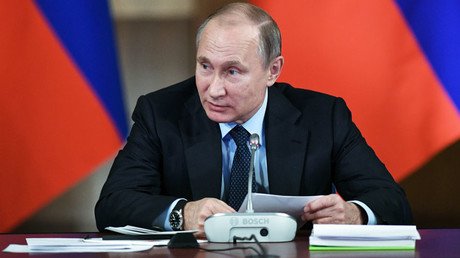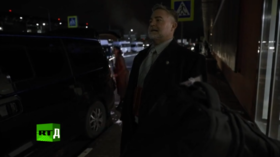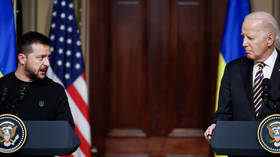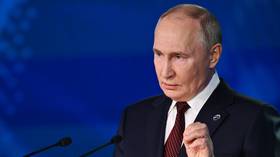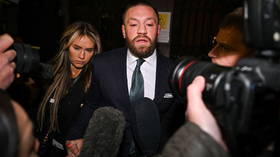Kremlin source dismisses rumors of early presidential election in Russia
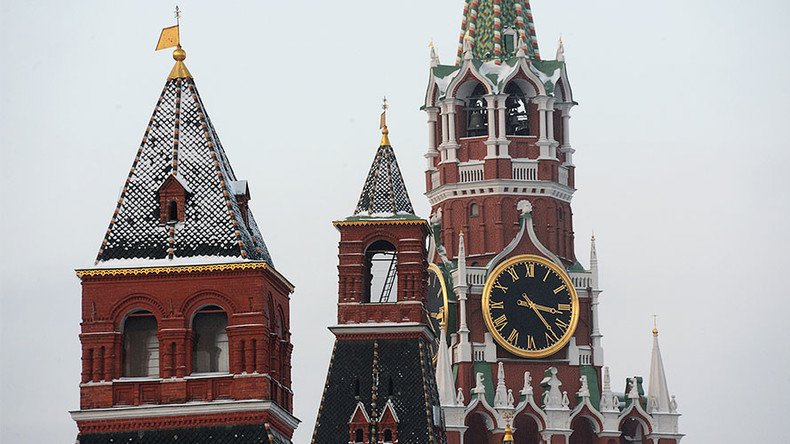
A source in the Russian Presidential Administration has denied rumors that early elections will be held, adding that the official announcement of the beginning of the election campaign will be made in accordance with the law.
“All talks about early presidential elections are complete nonsense, from the very moment they started,” RIA Novosti quoted the unnamed source as saying on Tuesday.
The Russian Constitution states that the date of the presidential election must be set by the upper house of the parliament – the Federation Council. The decision must be announced no sooner than 100 days and no later than 90 days of the set date. The Federal Law on Elections stipulates that the election must be held on the second Sunday of the month of the previous election – which, in this case, would be March 11, 2018.
Most of the suggestions regarding early elections were made by Russian politicians and analysts in 2015, including the former Russian finance minister and head of a major think-tank, Aleksey Kudrin, and the deputy head of the Institute of the World Economy, Yevgeniy Gontmakher.
In December 2016, Russian President Vladimir Putin told reporters that early elections “were possible but not needed.” Putin has yet to announce any plans concerning the 2018 election.
So far, only three people have said that they plan to run in the 2018 presidential race – the head of the Liberal-Democratic Party of Russia, Vladimir Zhirinovsky, founder of the Yabloko Party Grigory Yavlinsky, and anti-corruption blogger-turned opposition politician Aleksey Navalny. Russian law prevents Navalny from running because he is currently serving a five-year sentence which will not expire before the next possible election date. The activist has, however, vowed to contest this rule in the Constitutional Court.
In November 2016, the independent Russian research center Levada conducted a public opinion poll that showed 63 percent of Russians wanted Putin to remain president after the 2018 election, while 18 percent said they would prefer someone else to take Putin’s place, with 19 percent unable to give an unambiguous answer to the question.
